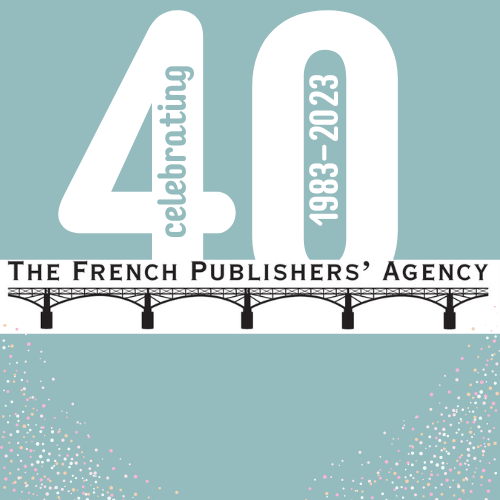THE FIBULA
MARYLINE DESBIOLLES
(Sabine Wespieser Editeur, 145 pages, 2024)
All eyes are on Emma Fulconis in L’Escarène, in the hinterland of Nice, her birthplace. Quick, always on the go, defiant to all but the wind, she has always run free in the hills. Her nickname as a child was ‘the athlete’.
One day her life is turned upside down: her friend Stéphane Goiran, with whom she likes to listen to music in the mausoleum on the hill when she pauses during a run, invites her home. When she walks through the door, his father’s huge dog leaps on top of her and lacerates her leg, or to be more precise, her fibula. Months of hospital and rehabilitation follow, at the end of which Emma will never again run at full speed.
Yet the accident does not stop her in her tracks. Haunted by old Goiran’s words explaining why he hadn’t restrained his dog – ‘My dog doesn’t like Arabs’ – she tries to understand what she already knows, but which is never mentioned by anyone. She is stubborn and must, above all, find within herself a new way to move on.
Only a writer as talented as Maryline Desbiolles could conjure the words of the villagers like an ancient choir and lead us slowly down a path mirroring that of Emma’s, towards a shattering reality, and a place where the wounds of the Algerian war still lurk in the collective memory.
As she limps on proudly displaying her scar, Emma Fulconis does not stop moving forward, exerting a powerful charm on us all with remarkable grace.
Born in 1959, Maryline Desbiolles lives in Nice, in the South of France. She is the author of a substantial body of work, mainly published by Le Seuil. She first came to public attention with La Seiche (1998), soon followed by Anchise (Prix Femina, 1999). Charbons ardents won the Franz Hessel 2022 prize. Her first publication with Sabine Wespieser in 2023 was Il n’y aura pas de sang versé, a highly acclaimed portrayal of the first well-known women’s strike.

